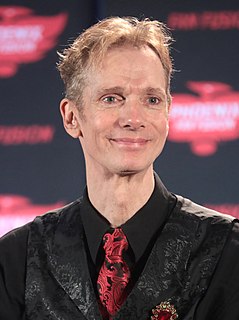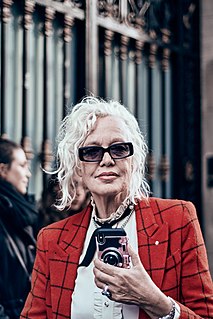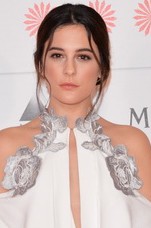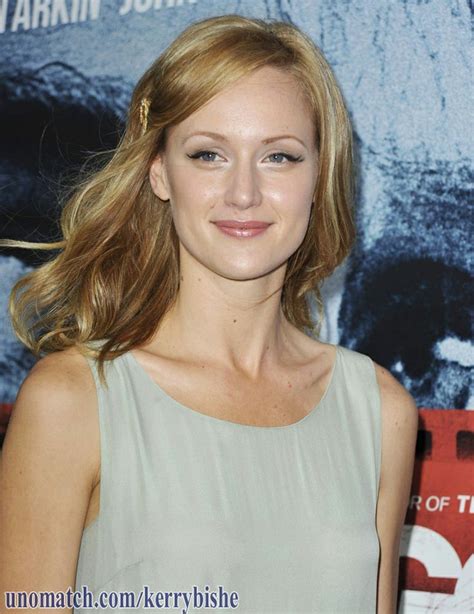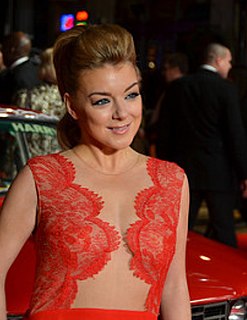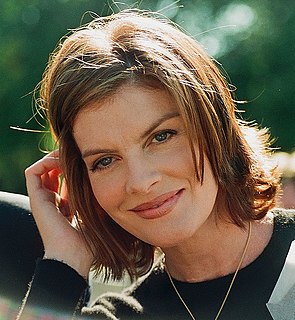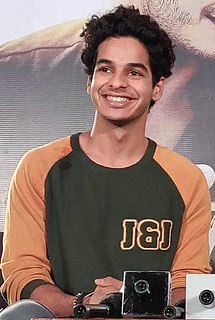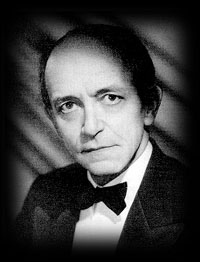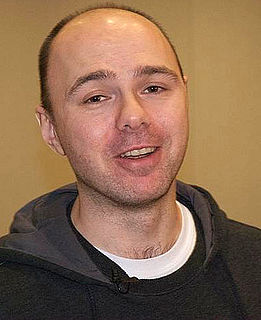A Quote by Doug Jones
When you're on camera, even though you try to lose yourself in the character, you are aware that there is a camera there capturing every moment of it visually. With doing a voiceover job, you are worried about the sound of it, and you have to make all those visual colors come out with your sound.
Related Quotes
A huge part of what we do as actors is learning to ignore the camera, as if it's not even there, while simultaneously being very aware of the camera and what it's capturing, because you can give the best performance of your life, but if you do it with the back of your head facing the camera, it's going to get cut from the movie.
Deep down, all directors feel like frauds - because it's built into the nature of the job. You're the jack of all trades and the master of none. The cameraman knows the camera, the sound man knows the sound equipment - and you? You can't do anything: You can't do the acting, you can't dress the set, you don't record the sound or shoot the images.
The camera course was a bit crap. But when I was in drama school, I wasn't interested. I wanted to be a stage actress. I was not interested in learning camera craft. But then you throw yourself in the deep end when you do get a job in front of the camera because you have absolutely no idea what you're doing, and it is a skill.
It becomes evident that when the Life-power awakens its mysterious activity at the beginning of a cycle of manifestation those vibrations which we recognise as sound come into existence before the more rapid pulsations of electricity and light. Thus modern science confirms the ancient occult teaching that sound is the root of physical existence. 'It is out of Sound that every form comes, and it is in Sound that every form lives.
